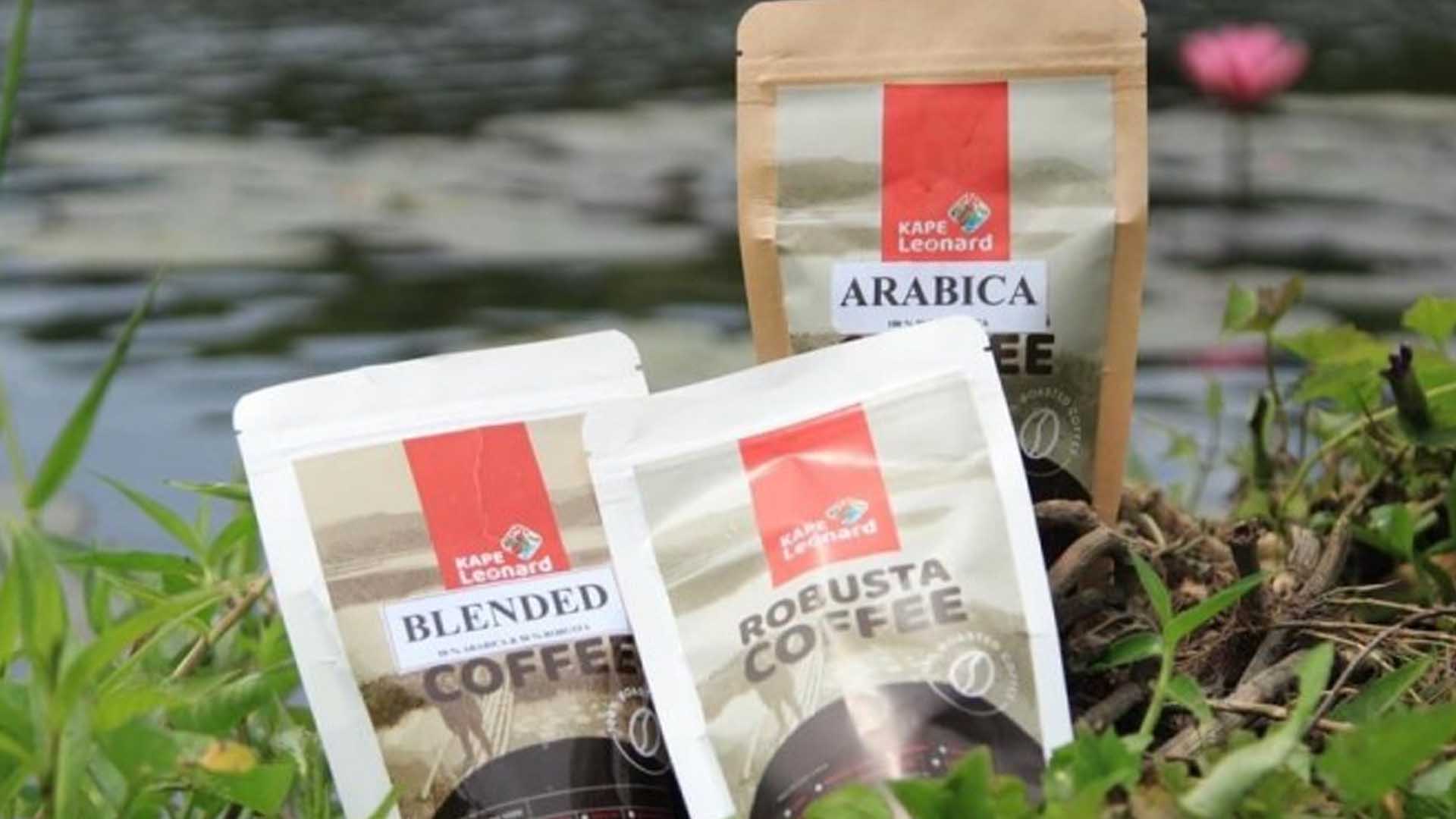As you sip a cup of coffee, do you ever stop to think about where it came from?
Unknown to many, Lake Leonard, located within the hinterlands of Maco, Davao de Oro, was a tailing pond of mine wastes in the 80’s and 90’s.
John Paul Matuginas, a senior agriculturist of the Department of Agriculture-Davao Region (DA-11), described it as an area with no hope for agricultural prospects.
“Chemicals from various mining activities were evident in the area,” he told the Philippine News Agency in an interview Friday.
Apart from the mining activities, massive illegal logging was also rampant at the time, such that when the mining company left the area in the late 90’s, the Mansaka community was left with nothing but a wasteland and a lake with cyanide and mercury that are harmful for both humans and fish.
New Leyte Agriculture Cooperative (NLAC) chairperson Jovannie Mondaya said that before it became a lake, a community thrived in the area.
“This is an ancestral domain, home to the Mansaka Tribe, where I belong. Since my ancestors were easy to persuade at that time, the mining company was able to take over and relocate them away from this area,” he recalled.
Despite the area’s bleak prospect for agriculture, the Davao de Oro Provincial Agriculturist Office (PAGRO) kept an eye out for its potentials, owing to its favorable climate, elevation and volcanic soil.
Mondaya said the community started to cultivate coffee as a means to sustain their livelihood and revive the lush forest.
“Coffee trees help reduce soil erosion and aid good watershed management,” Mondaya said.
Jake Sacay, a PAGRO technical staff, said several challenges cropped up when they started cultivating the area.
These include the inaccessibility of quality planting materials, and unavailability of farm machinery, equipment and postharvest facilities.
“There was also a need for training on processing and value-adding,” Sakay said.
To address the challenges, he said the provincial and local governments helped the community form the association and started a program to support the coffee farming communities.
Interventions
In August 2022, NLAC started to manufacture its coffee beans into quality coffee products after DA-11 turned over a coffee processing facility.
The project increased the value of green coffee beans produced by the farmers and provided high profits in return.
“The project components include the construction of a one-unit coffee processing facility; a one-unit coffee dryer; and a set of coffee processing equipment such as a coffee roasting machine, grinder, depulper, dehuller, weighing scale, and moisture meter,” Matuginas, the DA-11 agriculturist, said.
Almost two years since the project was established, NLAC manager Fernando Sartiga Jr. said a lot has changed in their community.
“Who would have thought that from just a producer of green beans, NLAC is now one of the sources of renowned local coffee shops not just in Davao de Oro but also in the nearby provinces,” Sartiga said.
With the growing prominence of their Arabica, Robusta and blended coffee, a member of the community has also installed a mini coffee shop called “NGAPETA” for visitors of Lake Leonard.
For those who are worried about the quality of the water, the Department of Environment and Natural Resources (DENR) already conducted studies in 1997 regarding the substances in the lake’s water.
Analysis showed that the lake falls under Class B or recreational water for bathing, swimming and skin diving.
“The strength and determination of the community has helped in rallying support from various government agencies and NGOs (non-governmental organizations) to transform the community into a productive and safe one,” Mondaya said.
It is an honor to serve the community where he comes from, he added.
“When people will visit the Lake Leonard now, they will only see its beauty and remember its fond memories with a sip of our coffee,” Monday said. (PNA)






